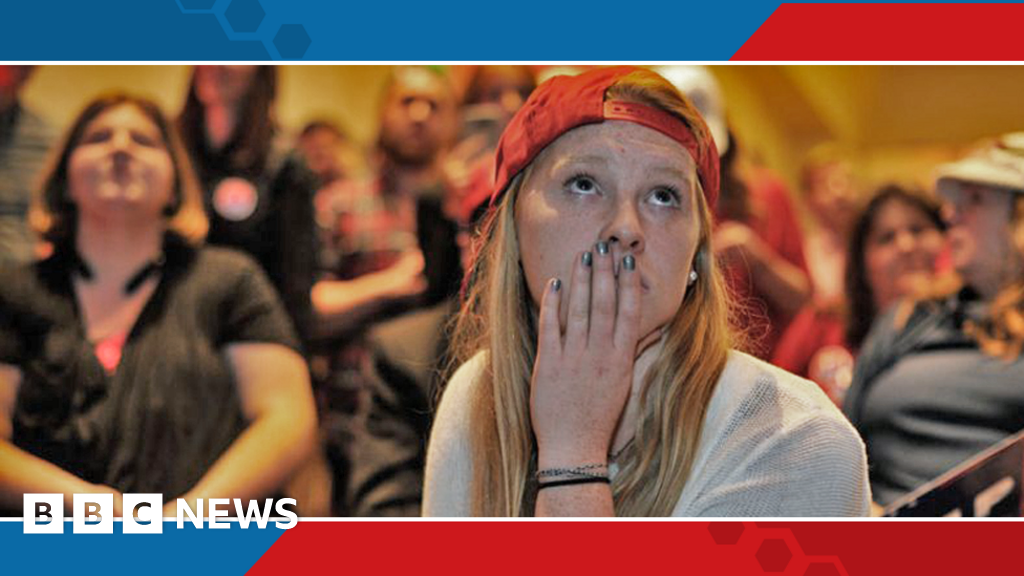
By then, however, Trump had got his message out. It was followed by a lengthy and appropriately sceptical exchange between Andrew Neil and Katty Kay in which they expressed doubts about the President’s claims. “We’re interrupting this because what the President of the United States is saying, in large part, is absolutely untrue,” Smith said, “and we’re not going to allow it to keep going, because it’s not true.” He then spent the best part of five minutes pointing out the lies in the President’s speech, line by line, while it was still in progress.
BBC NEWS US ELECTION TORRENT
CNBC, for example, cut away from a Trump statement in which he falsely claimed to have won the election, allowing anchor Shepard Smith to debunk the torrent of lies. US networks are far wiser to this problem. There was some excellent reporting from world-class journalists, but the weaknesses associated with the quest for balance were also very present. The US election provided some good illustrations of the problems associated with the BBC’s approach. The audience is led to believe there are merely differences of legitimate opinion on a subject, when in fact one side is substantially telling the truth, and the other side isn’t.

The ultimate problem is that platforming a range of voices creates a false equivalence. Remember, for example, the infamous climate change interview with former Chancellor Lord Nigel Lawson on the Today programme? Both seem to have been fuelled by senior correspondents repeatedly and uncritically sharing falsehoods they’ve been fed by “senior Downing Street sources”.Įven when the weight of opinion firmly favours one side, the BBC feels the need to drag out an opposing voice for the purpose of balance. This erroneous obsession with balance has been happening for a while, blighting the corporation’s coverage of UK politics and even the Coronavirus pandemic. The truth is not the midpoint between a fact and a lie, and BBC producers need to be cognisant of their responsibility to represent the truth, above all else. The BBC is confusing factuality with balance. Yet, unfortunately, regular BBC viewers and listeners will be all too familiar with this approach. However, this does not justify giving a platform to lies, without immediate fact-checking and rebuking. Now, the BBC will rightly say that over the course of its whole output, it was made clear that President Trump had not produced evidence to support his claims of mass voter fraud in several states, and the introduction to this ‘vox pop’ repeated that point. The BBC must remember it has a duty to the facts, above all else They were not and are not, because they are demonstrably wrong. Instead of challenging these lies and untruths, the presenter accepted all of them at face value, treating them as legitimate opinions. People are entitled to their views and to express them – but they are not entitled to repeat these lies to millions of people, unchallenged. Interviewed on the BBC about the news that Joe Biden was projected to win the 2020 US Presidential Election, Monica was keen to spread Donald Trump’s wild accusations, and she no doubt sincerely believed them. There was no Republican oversight in a lot of the counting, and there was no way possible some of those numbers could have gone up in the time frame that they did, so I’m very concerned about fraud.” “There’s been a tremendous amount of fraud, based on what we’ve actually heard, and what we’ve learned from reputable sources.

“Do you accept the result?” the presenter posed.


 0 kommentar(er)
0 kommentar(er)
